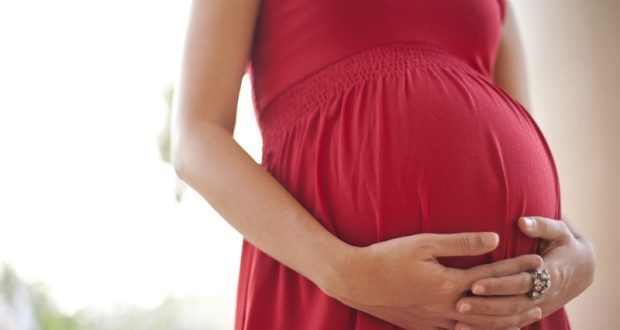Women who experience high levels of stress have a harder time conceiving, a new study confirms.
Scientists at the University of Louisville and Emory University found that women who reported feeling more stressed around the time they were ovulating were 40 percent less likely to become pregnant when compared with other, less stressful months. In a similar vein, women who generally reported feeling more stressed than others were about 45 percent less likely to conceive.
In the study, 400 women 40-years-old and younger who were sexually active recorded their daily stress levels measured on a scale from one to four (low to high). The diaries also contained information regarding menstruation, intercourse, contraception, alcohol, caffeine and smoking. Urine samples also were collected throughout the study, and women were followed until they became pregnant or until the study ended, for an average of eight menstrual cycles.
Researchers calculated mean stress levels during each phase of the menstrual cycle, with day 14 as the estimated time of ovulation. They found the negative effect of stress on fertility was only observed during the ovulatory window, and was true after adjustments for other factors like age, body mass index, alcohol use and frequency of intercourse.
“These findings add more evidence to a very limited body of research investigating whether perceived stress can affect fertility,” epidemiologist Kira Taylor, Ph.D said. “The results imply that women who wish to conceive may increase their chances by taking active steps towards stress reduction such as exercising, enrolling in a stress management program or talking to a health professional.”
The study also found that women who did conceive experienced an increase in stress at the end of the month in which they became pregnant. Taylor hypothesizes this could be the result of two factors: women became stressed after taking a home pregnancy test and learning they were pregnant, and/or most likely the increased stress was the result of changes in hormone levels caused by pregnancy itself.
“Some individuals are skeptical that emotional and psychological attributes may be instrumental in affecting fertility,” Taylor said. “I hope the results of this study serve a wake-up call for both physicians and the general public that psychological health and well-being is just as important as other more commonly accepted risk factors such as smoking, drinking alcohol, or obesity when trying to conceive.”
Agencies/Canadajournal
 Canada Journal – News of the World Articles and videos to bring you the biggest Canadian news stories from across the country every day
Canada Journal – News of the World Articles and videos to bring you the biggest Canadian news stories from across the country every day




I was diagnosed with PCOS and premature ovarian failure seven years ago, and was told by my fertility doctor that I had little hope of having baby, and my relatively age (I am 42). I had pretty much given no hope and had nothing to strive or opt for. As a last effort, my mother bought me your ttc herbal and I’m 24weeks gone! Channel:C0040350D
facebook: oduduwa ajakaye